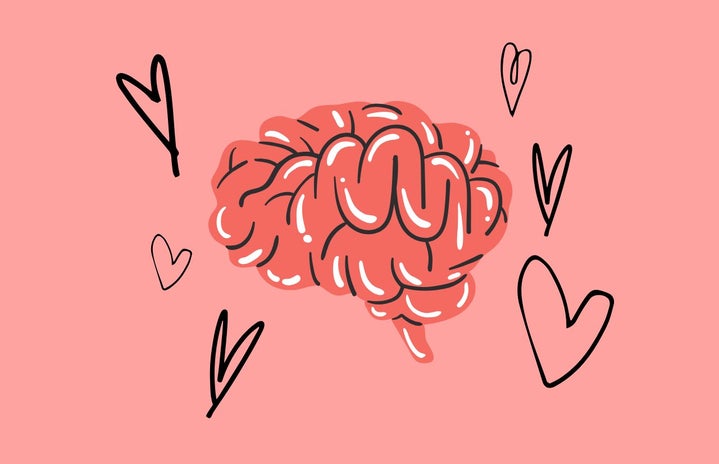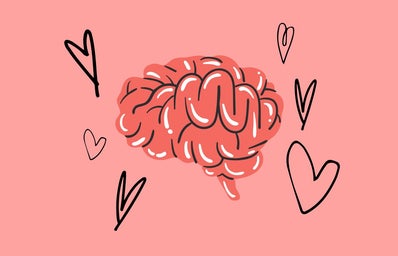Is your heart beating faster when you’re in a stressful situation? Do your palms get sweaty when confronted with a task or event? These are some of the body’s reaction to anxiety, which is a natural response to stress. There are many different triggers, and what influences each person is different. Identifying which triggers affect you is an important step in coping and managing anxiety, especially if it leads to panic or anxiety attacks. This can take some time, as it’s a self reflection, but there are some other ways to help manage and quiet your anxiety to prevent it from taking over.
Anxiety can get in the way of daily tasks, and it can feel like you have no control. Some symptoms can be short lived, and usually those feeling go away after the anticipated events take place. Your thought pattern can also be affected in that negative thoughts can take place in your mind, which can distort the severity of the situation. Face it head on and reclaim control of the situation. To help with anxiety, try breathing in for 4 counts and breathing out for 4 counts and continue to do this until your breathing evens out. It will help slow your heart rate so you can calm down.
Aromatherapy can also be helpful whether in oil form, incense, or a candle. There are certain scents that can be soothing such as lavender, chamomile, and sandalwood. Aromatherapy can activate certain receptors in your brain which can help in aiding anxiety. Another way to ease anxiety is to “walk away” from the situation. Taking time to focus on your body and not your mind may help, such as doing yoga for a bit or going on a walk.
Writing is also a great way to cope. Write down your thoughts in that moment, whether in a notebook, paper, or even on a piece of napkin. Just get those thoughts written to get them out of your head and make them less daunting. These tips can help with those who experience anxiety sporadically.
If anxiety is a regular part of your day or life it is very important to find treatment strategies and treatment to keep it in check. It can be a combination of things that can consist of therapy, meditation, or might just be a matter of cutting out or resolving certain anxiety triggers that you have identified. If unsure of where to start, talking to a professional in the mental health field can be helpful, as they can recommend helpful options.
Identifying triggers on your own or with a therapist can be a good idea. Some triggers can be obvious like caffeine, drinking, or smoking. But other times it can be less obvious such as long term problems that can consist of financial or work related situations. When figuring out your trigger, try to limit your exposure to it. Most importantly, keep your mind and body healthy, and once you find a treatment or plan that works best for you, anxiety will be easier to cope with.


